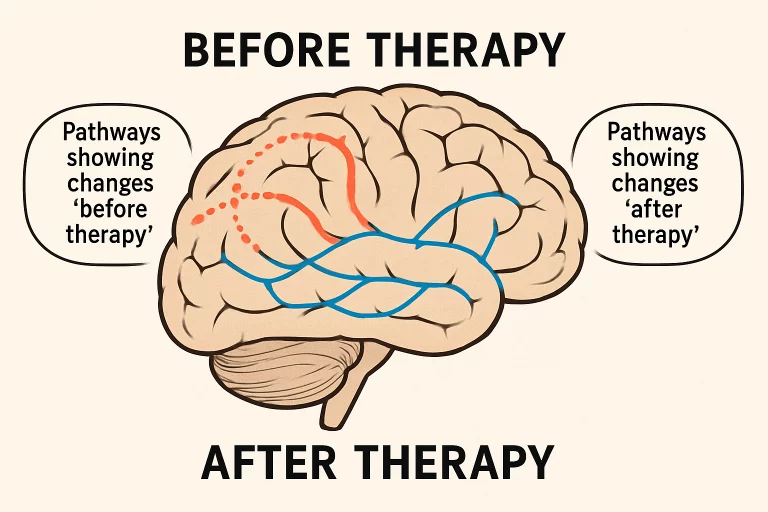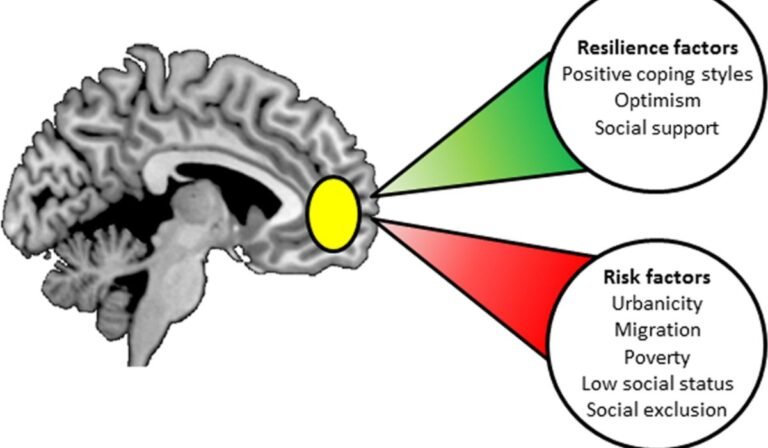Therapy isn’t just a conversation, as it’s a scientifically proven process that has the potential to physically and functionally transform your brain in remarkable ways. Through years of intensive study, researchers have discovered that therapy can trigger both short-term and long-term changes in the brain, offering profound benefits for mental, emotional, and even physical health.
For individuals struggling with conditions such as anxiety, depression, or chronic pain, these neurological shifts are not just theory, as they represent real hope for recovery and increased resilience. If you’re exploring options to support your well-being or that of a loved one, resources like counseling West Bloomfield make impactful professional help accessible within your community.
This article explores the science behind how therapy reprograms the brain, enhances daily functioning, and lays the groundwork for a healthier future.
Therapy for Chronic Pain
Chronic pain is a persistent health issue that often resists standard medical treatments like analgesics and surgery. However, therapy, particularly Cognitive Behavioral Therapy (CBT), has emerged as a powerful adjunct or alternative due to its ability to work in the brain’s sensory and emotional networks.
A study from the University of Colorado Boulder found that after therapy, connections within brain networks responsible for processing pain, emotion, and sensory attention were fundamentally changed, leading to reduced pain intensity, improved daily life, and lasting relief.
CBT and Brain Changes
Cognitive Behavioral Therapy (CBT) is a widely researched and clinically effective method for transforming mental health. It is proactive and skills-based, guiding patients to challenge negative thinking, develop coping strategies, and build new behavior patterns. A study by the National Institute of Mental Health used advanced neuroimaging to document brain changes in children diagnosed with anxiety.
After treatment, scans showed normalization of overactive regions, demonstrating that CBT can retrain the brain, correcting dysfunctional circuits underlying mental health conditions. Cognitive Behavioral Therapy has been shown to help individuals identify and reframe distorted thought patterns, much like the approach offered by Michigan Psychological Care’s Midland Psychological Services, supporting long‑term emotional resilience.
CBT’s practical approach helps individuals recognize and reframe unhealthy thought patterns, creating positive neural pathways. Over time, individuals become calmer, more logical problem solvers and emotionally balanced, which reduces distressing symptoms and enhances their resilience.

Personalized Therapy Approaches
Mental health is shifting towards personalized approaches, focusing on the complexities of each individual’s life and medical history. Stanford Medicine research shows that this adaptive approach is particularly effective for clients facing multiple challenges, such as depression and obesity.
Customizing cognitive behavioral therapy (CBT) to each patient’s lifestyle, thought processes, and obstacles leads to stronger improvements in neural circuits responsible for emotional regulation and strategic problem-solving.
This supports the concept of precision therapy, which targets treatment to the individual brain for better results. To learn more about this pioneering direction in therapy, see Stanford’s breakthrough therapy model.
